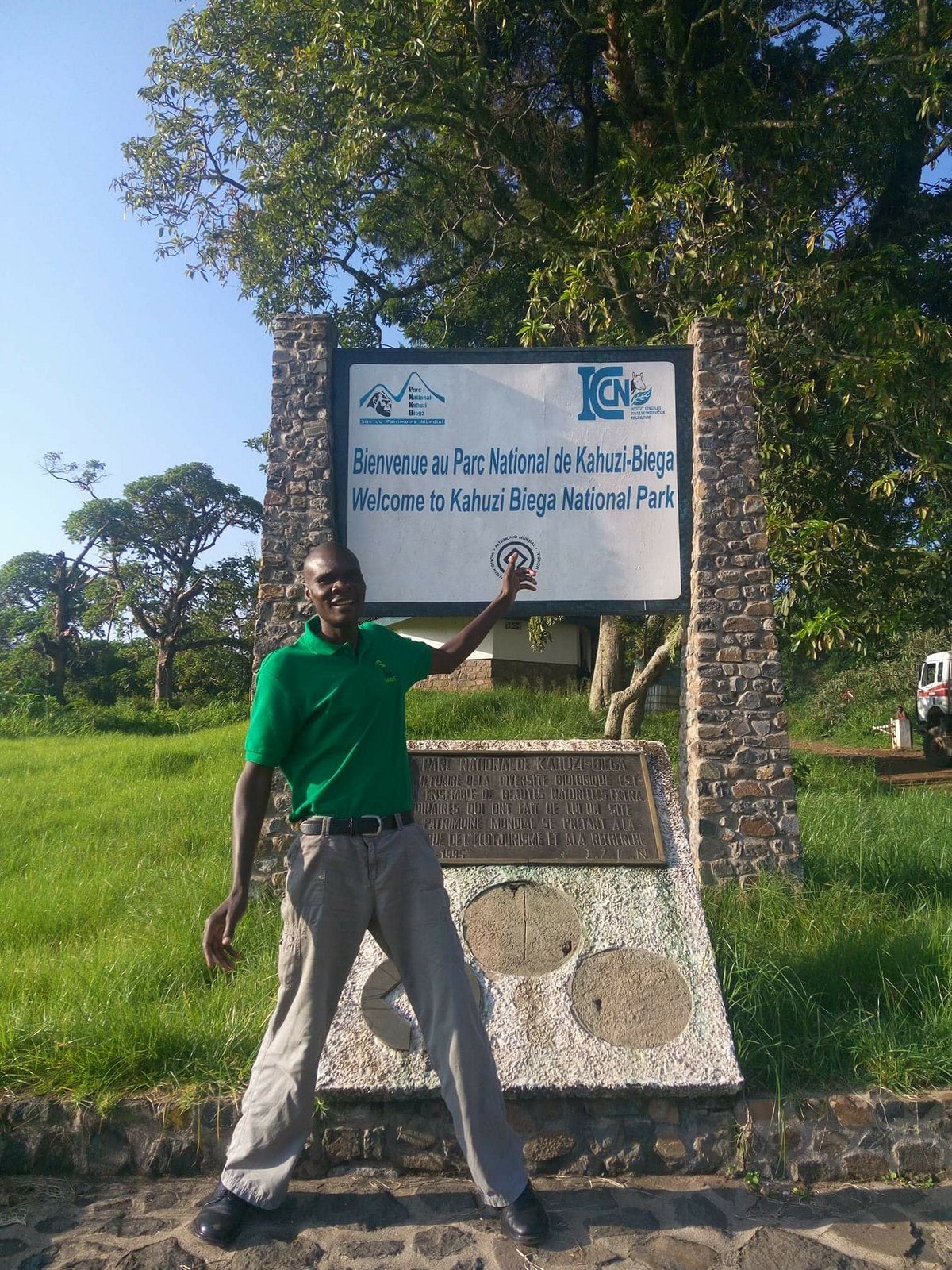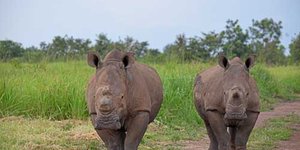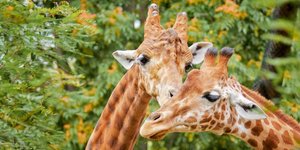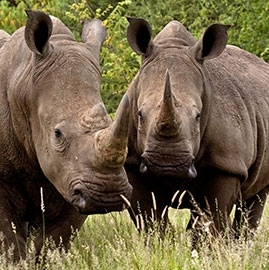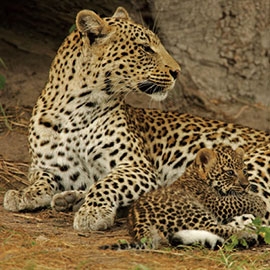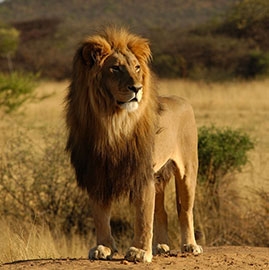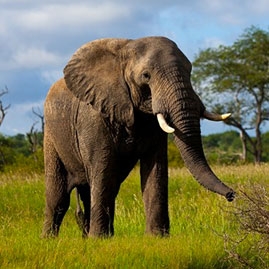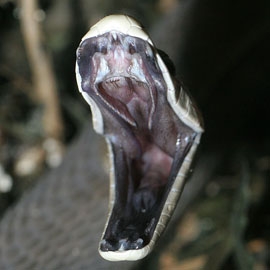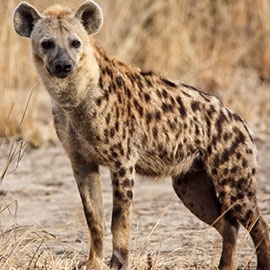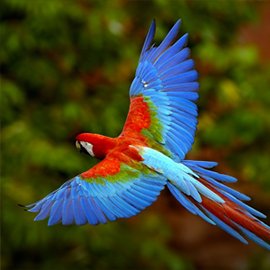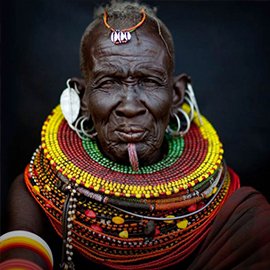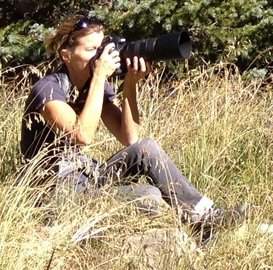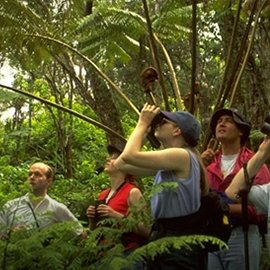Garamba National Park
Safari suitability: 8/10
Find your tourGreat viewing of four of the big five: Elephant, lion, buffalo and leopard. A new luxury lodge was built in 2010. Tent camping is available to get even closer to nature
Highlights
- One of the first national parks in Africa
- Designated a UNESCO World Heritage Site in 1980
- Pristine wilderness
- Home to the Gangala na Bodio Elephant Domestication Center
- Both savanna and tropical forests provide a varied habitat great for viewing an unprecedented number of animal species
About Garamba National Park
Garamba National Park was established in 1938 and is one of the first national parks in Africa. This 4,920 km² (1,900 miles²) area in the northeastern corner of Congo transitions from savanna to dense tropical forests and includes marshland, wide rivers and the gallery forests that line their banks.
Garamba National Park was designated a UNESCO World Heritage Site in 1980. This esteemed designation was awarded due to its extraordinary variety and density of plant life as well as the fact that it is the natural habitat for four of the world’s largest mammals: the elephant, the rhinoceros, the giraffe and the hippopotamus.
Unfortunately, since this designation over thirty years ago, the northern white rhino numbers have declined, primarily due to poaching, until it is now suspected of being extinct in the wild: the last sighting was in 2007. Other subspecies of rhinoceros, the southern white rhino and the black rhino, continue to roam freely in their natural habitats. Fortunately, a strong national park system in Africa, combined with a phenomenal increase in tourism in the past sixty years, provides the much needed dedication to conservation and an ever-increasing level of economic stability that is necessary to preserve the amazing biodiversity of this magical country.
Wildlife of Garamba
The establishment of the park followed the unique project known as the Gangala na Bodio Elephant Domestication Center, created in 1920 to domesticate elephants to work in agricultural fields. Thousands of elephants still wander Garamba National Park in herds numbering into the hundreds. A program developed in the 1960s trained the enormous elephants to be saddled so tourists could experience the highly unusual elephant back safari.
In addition to elephants, spectacular viewing of buffalo and hippopotamus is also possible. The Kordofan giraffe is a park native. Large and small antelope species can be seen in the park including bushbuck, waterbuck, oribi, Uganda kob, duiker and the nocturnal striped bongo who hides in the forests. Predators that stalk the savannas include spotted hyaena, leopard, lion and the medium-sized, spotted serval with its large ears and housecat face.
A variety of diurnal primates call Garamba National Park their home, including the shaggy colobus, the Patas monkey with his white mustache, the little smiling vervet monkey, the bearded De Brazza's monkey with his funky hair-do and the chatty chimpanzee.
Over 340 species of birds have been identified in Garamba. The richly colored red and blue carmine bee-eater can be seen congregating in huge flocks along the forested banks of the River Dungu. Meanwhile, if you see the subspecies of heron known as the cattle egret circling in the air, you’ll know a herd of buffalo is below them—they will land on the buffalo’s back and groom them.
Garamba National Park is leading the way in terms of state of the art conservation. One of the activities available at the park is to join the wildlife monitoring team and participate in their research into chimpanzees, lions and hyaenas. An amazing learning opportunity!
When to visit Garamba National Park
The wet season in Garamba is from June to December. The best time to visit Garamba National Park is from January to June, when the grass is still short enough to allow for good game visibility.
Garamba’s location off the beaten path means it receives far fewer visitors than Virugna. It also means it’s far less-serviced. There are no commercial flights from Kinshasa.
Qwikflight, offers flights from Kinshasa to Beni and to Dungu, which is not too far from Garamba. They also provide helicopter flights, for those looking to do aerial filming or who may wish to land even closer than an airstrip can provide.
Air Tropiques also offers regional and charter services within DR Congo include:
Garamba is within driving distance of Juba, the capital of South Sudan. At present, Your African Safari does not advise getting to Garamba via South Sudan. It is also possible to drive from Virunga to Garamba, but conditions are very rough, and the drive is estimated at over 10 hours.
The following airlines travel to Garamba National Park

Domestic and international operations in DRC. Compagnie Africaine D'Aviation, CAA, was created on February 5, 1991. From the transport of Blattner Group company employees, business has been extended on commercial passenger on secondary destinations in the DRC. From 2009 the fleet is modernized and the network complemented by the introduction of Fokker 50 and 320 AIRBUS last generation, providing a complete home network to customers. End of 2012 marks a new step in the CAA's growth strategy by signing a commercial agreement with technical flyCongo. Thus putting the foundation for the international expansion of the company. Visit website
Also flies to:


Garamba map
Nearby parks and game reserves
Related articles
Latest photos
